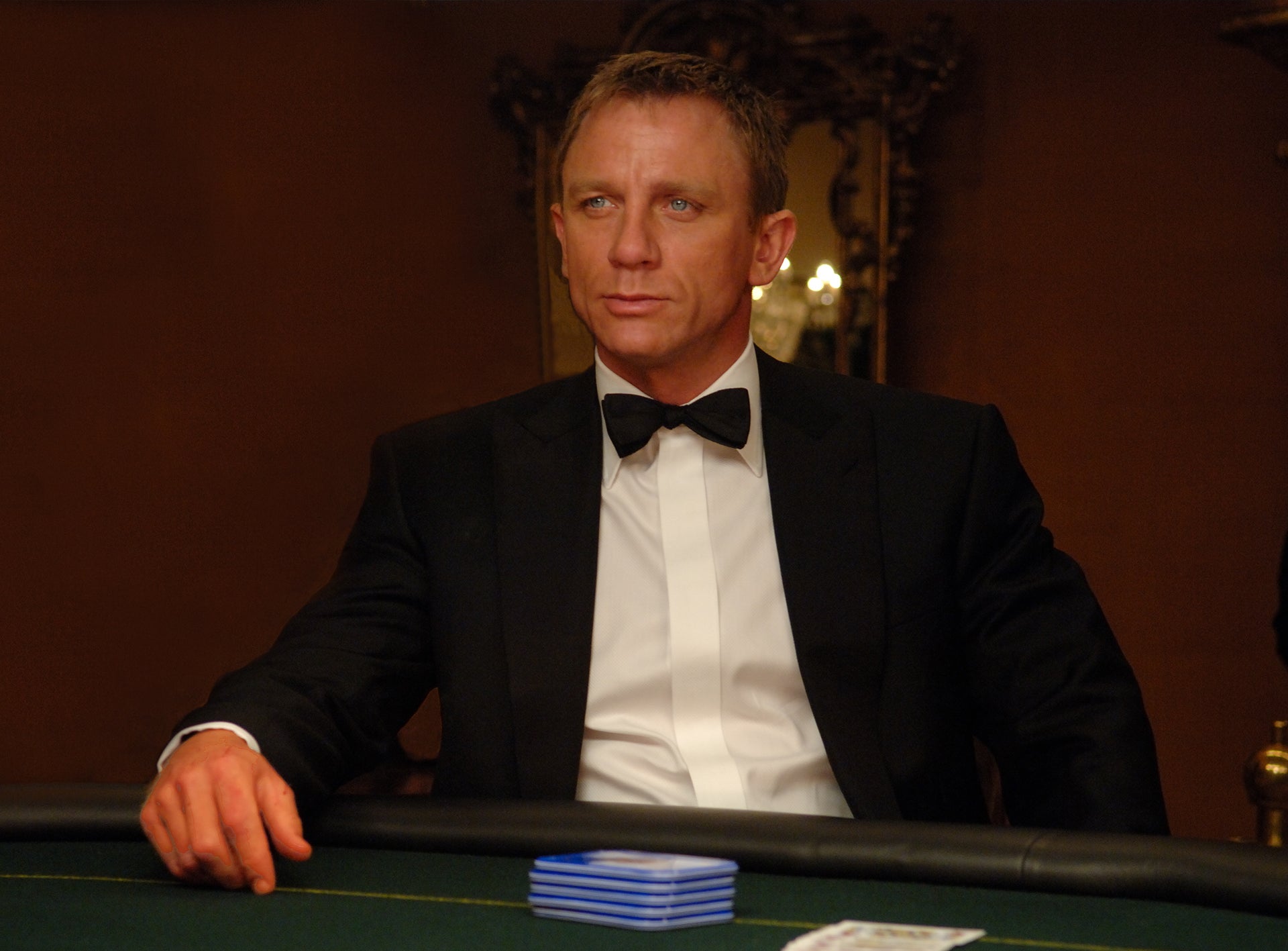How Casinos Shaped Pop Culture from James Bond to Netflix

Casinos have long held a magnetic pull on the imagination, capturing the glitz, danger, and thrill of chance in ways that few other institutions have. From classic films to binge-worthy streaming series, the allure of roulette wheels, blackjack tables, and high-stakes poker games has become a powerful narrative tool. While exploring how this fascination has evolved, one can't overlook how platforms like genieplay-el.gr continue to connect players with the legacy and excitement that casinos bring—not just as games of chance, but as cultural icons.
The Silver Screen Glamour of Gambling
The connection between casinos and pop culture began long before the digital age, with cinema laying the foundation. Few characters embody the casino's cool mystique more than James Bond. The suave secret agent’s association with gambling was solidified in the very first Bond novel, Casino Royale, and carried through numerous film adaptations. The casino scenes were never just filler—they often represented the battlegrounds where intelligence, style, and deception collided. These moments didn’t just reflect the glamour of gambling, they helped define it for generations.
From Hollywood to High Stakes Drama
Moving into the late 20th century, films like Rain Man, Casino, and Ocean’s Eleven took the genre in new directions. Each portrayed casinos not just as physical spaces, but as ecosystems of psychology, risk, and ambition. Martin Scorsese’s Casino is a prime example of how deeply entwined these institutions are with themes of power and control. By the time Ocean’s Eleven hit theaters in 2001, the casino had become synonymous with elegance, danger, and irresistible opportunity. It also reflected society’s increasing fascination with the mechanics of gambling and the high-stakes drama behind the scenes.
The Netflix Era and Modern Narratives
As pop culture evolved with technology, so too did the portrayal of casinos. The arrival of online platforms changed the dynamic of gambling, and pop culture followed suit. Shows like Las Vegas in the early 2000s and later Netflix originals like Ozark and Army of the Dead brought a modern, sometimes darker lens to the world of casinos. These stories highlighted not only the glamor but also the underbelly—money laundering, cybercrime, and the psychological toll of living in high-risk environments. Rather than just glorifying the games, they started to deconstruct them.
From Real Tables to Digital Screens
In recent years, streaming platforms like Netflix have played a major role in reshaping how casinos are represented in media. The storytelling has become more nuanced, reflective of changing public perceptions. The rise of character-driven narratives has placed more focus on the people behind the chips rather than the games themselves. Whether it’s a cartel laundering money through a riverboat casino in Ozark or a group of mercenaries planning a heist in a quarantined Las Vegas, modern media uses casinos as complex metaphors for societal tension, morality, and human ambition.
Casinos as Cultural Icons
Meanwhile, the digital transformation of real-world gambling continues to blur the lines between entertainment and experience. Online platforms and virtual reality have made casino games accessible to anyone with an internet connection, democratizing what was once considered an elite experience. This shift is mirrored in pop culture through the increasing inclusion of online gambling themes, esports betting, and mobile-based narratives. Even the language of gambling—terms like “all in” or “playing your cards right”—has seeped into everyday conversation, a testament to how deeply the casino ethos has infiltrated cultural consciousness.
It’s important to note that the influence goes both ways. As pop culture shapes perceptions of casinos, these institutions also evolve to reflect those portrayals. From themed slot machines based on blockbuster movies to casino resorts that mimic the grandeur of film sets, the feedback loop between fiction and reality grows stronger every year. The casino is no longer just a backdrop—it’s a character in its own right, adaptable, symbolic, and central to stories that captivate global audiences.
Conclusion
In sum, casinos have transcended their role as mere gaming establishments. They’ve become powerful symbols in the world’s storytelling arsenal, representing everything from danger to sophistication, from aspiration to ruin. As new platforms like genieplay-el.gr continue to bridge the digital gap, it’s clear that the casino’s role in pop culture is far from over—it’s simply evolving, ready for the next great story.
